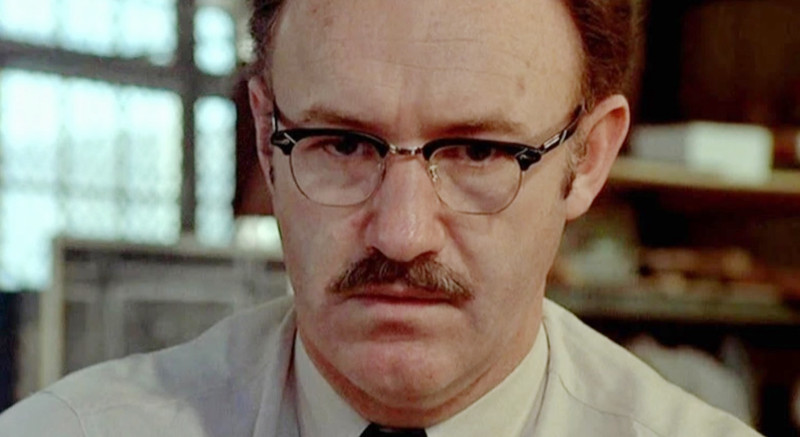
There’s a reason why the 1970s continues to be regarded as one of the greatest eras for cinema. This transformative decade witnessed a seismic shift in the Hollywood ecosystem, marked by the rise of auteur-driven independent cinema and the dawn of multi-billion-dollar blockbuster franchises that still permeate our pop-culture 50 years on.
In compiling this round-up list, we have decided to gauge the essence of the thriller from 1970-1979 with a robust selection of titles that kept audiences on the edge of their seats, helped define the decade and forever altered the landscape of the genre. From canonical classics that have stood the test of time to a few lost gems in between — here are our picks for the very best the genre had to offer from that glorious 10-year span, ranked from worst to best.
20. Three Days of the Condor (1975)
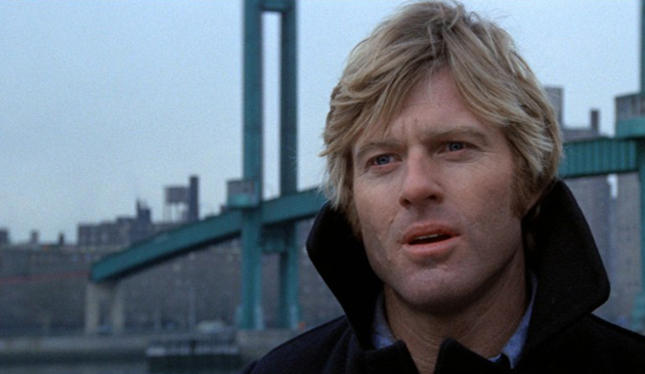
Simmering tension and paranoia build to a fever pitch in this heart-racing political thriller starring Robert Redford as meek CIA researcher Joe Turner, an average government employee who suddenly finds himself embroiled in a tangled web of lies and conspiracy after realizing he’s being framed for the cold-blooded murder of his co-workers.
While rarely mentioned in the same breath as Watergate-era cinema studies standards like the 1976s “All the President’s Men”, Sidney Pollack’s hard-edged nail-biter based on James Grady’s bestselling novel provides a fascinating window into a turbulent time for American politics with no shortage of twists and turns to get your adrenaline juices pumping. Watch out for solid supporting parts by Faye Dunaway, Cliff Robinson and Max von Sydow.
19. The Day of the Jackal (1973)
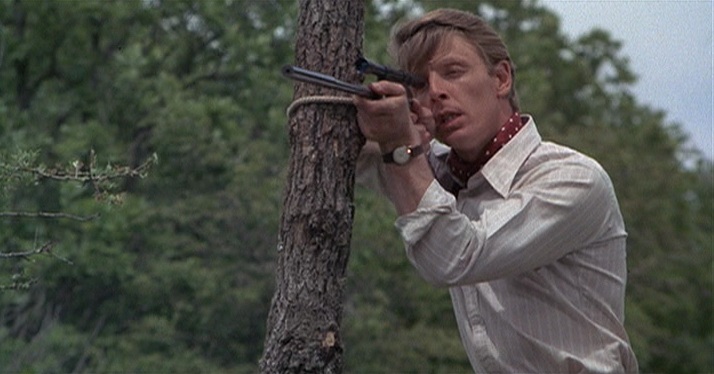
In following up the 1966 Best Picture winner “A Man for All Seasons”, Hollywood veteran Fred Zinnemann chose to adapt Frederick Forsyth’s bestselling novel, a nerve-racking cat-and-mouse thriller that traces the efforts of French authorities to uncover the plot to assassinate President Charles de Gaulle by tracking down the British hitman (Edward Fox) known as the “Jackal” who was hired to carry out his deadly mission.
One of the favorite movies of Steven Spielberg, this tale of international espionage and political intrigue fills every last frame with simmering tension before sliding off into a showstopping climactic sequence that would make the “Jaws” director himself proud. This landmark British film went on to win a BAFTA Award and nab an Oscar nomination, continuing to be a guidepost for how to create a tightly constructed thriller.
18. The Parallax View (1974)
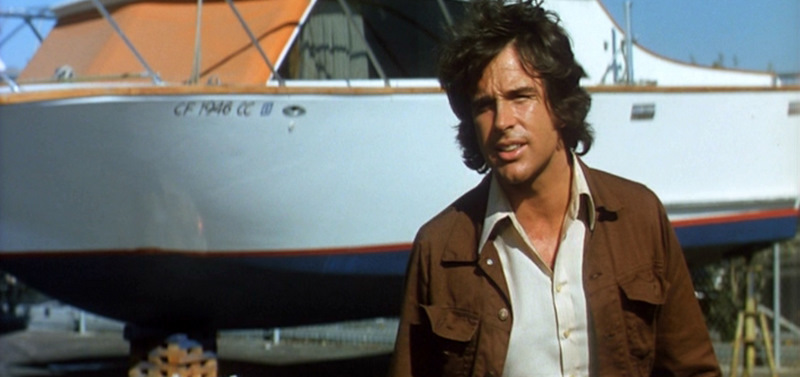
Arguably no director in America tapped into the unerring sense of paranoia and public mistrust that pervaded the Watergate-era more consistently or succinctly than Alan J. Pakula.
Though it gets a little overshadowed in the director’s personal canon, nestled right between the Jane Fonda-led “Klute” and the Best Picture-winning “All the President’s Men” (more on that film down below), we retain a lot of residual love for the middle entry in Pakula’s paranoia trilogy, which places Warren Beatty’s assertive reporter in the middle of a hazy conspiracy concerning the assassination of a U.S. senator and a shady multi-million dollar corporation serving as a front for the recruitment of political assassins. Captivating from first frame to last, “The Parallax View” is one of the defining thrillers of the 1970s.
17. The Killing of a Chinese Bookie (1976)
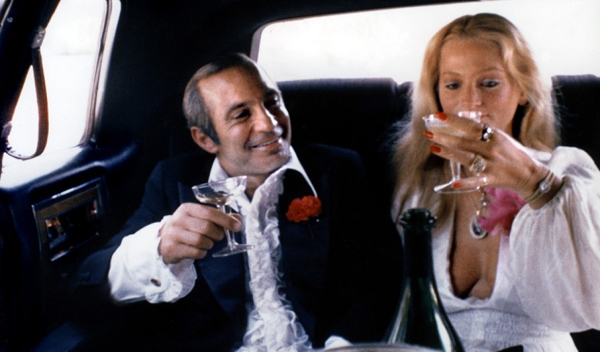
Though rarely associated with the thriller genre, John Cassavetes — better known around these parts as the patron saint of American independent cinema — found a sublime expression to his career-long obsessions and cinéma-vérité style in this gritty New York thriller.
Starring his loyal stalwart Ben Gazzara as a sleazy gentleman’s club owner dangling on the edge of oblivion who must carry out a hit for the mob to pay back his ever-growing black hole of mounting debts, “The Killers of a Chinese Bookie” grounds its thrills in watching its erratic protagonist paddle frantically to keep his head above water only to end up caught between a rock and a hard place. If you’re a fan of the movies of the Safdie brothers, we suggest you keep this one on your radar.
16. The Driver (1978)
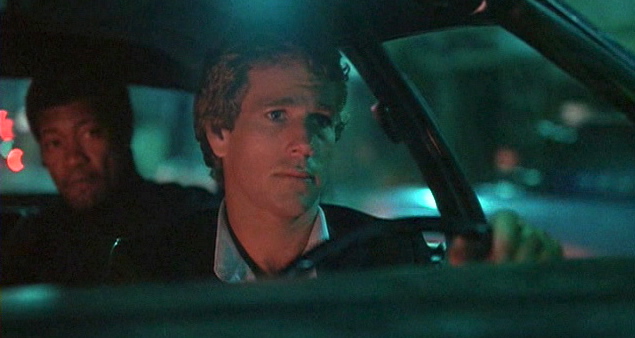
Nicolas Winding Refn took a page out of this classic 1978 movie when he reworked it and ripped it off wholesale in the 2011s “Drive”, which stars Ryan Gosling as a taciturn loner who earns a buck carrying off jobs as a getaway driver in Los Angeles. You can see the fingerprints of this hyper-stylized crime caper on a swathe of modern-day films (“Baby Driver”, just to name another one), but it’s the lean, deliberately stripped-down narrative that makes Walter Hill’s classic stick to the memory and remain rewatchable well into the double digits.
Granted, the characters may be thinly sketched, but Ryan O’Neal uncorks a stand-out performance in the titular role as a cold-blooded professional driven by his own confidence in his skills who must chase off a resourceful detective hard on his heels. Not to be missed.
15. Deliverance (1972)
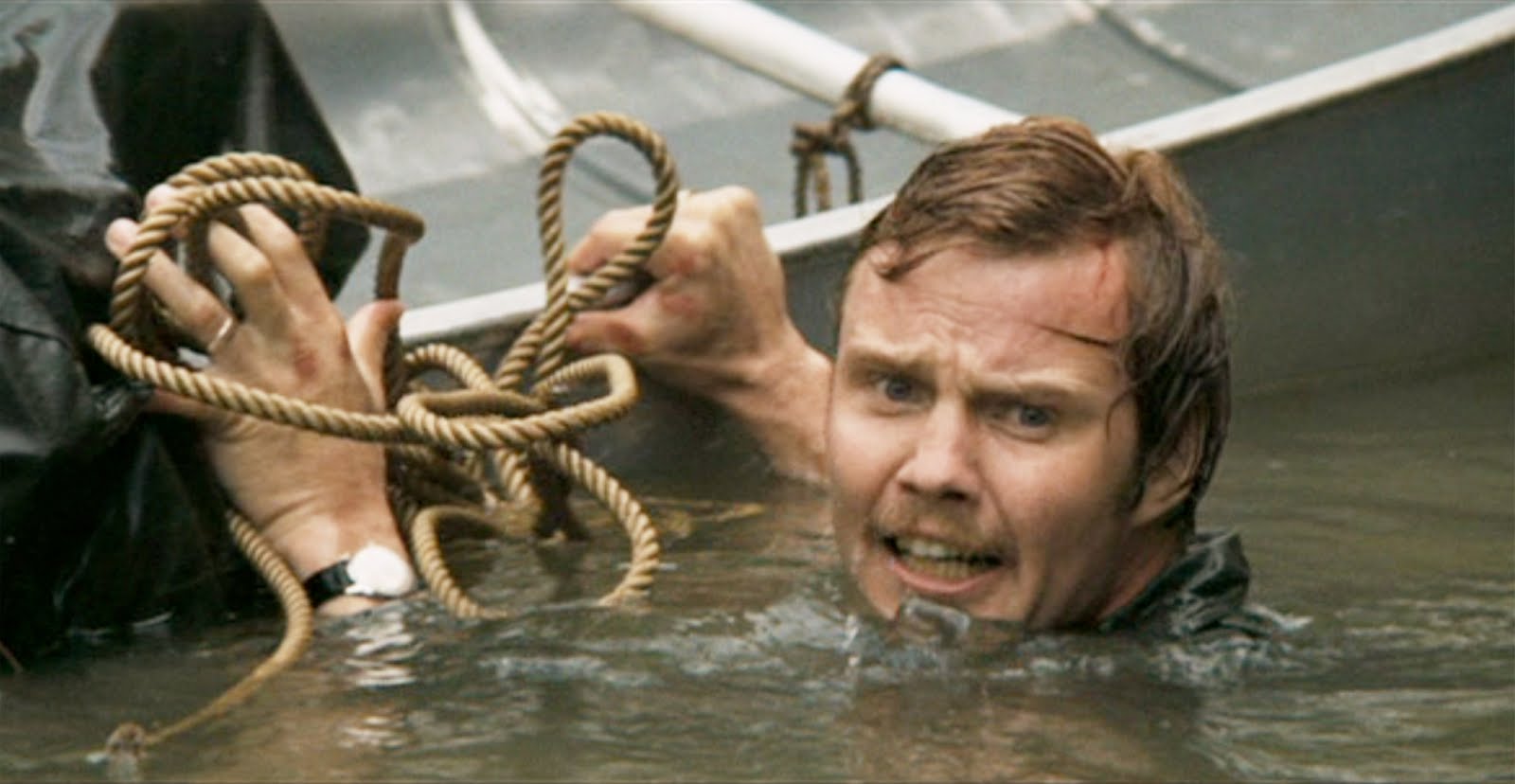
In John Boorman’s gnarly wilderness thriller, long-time best buds Jon Voight, Burt Reynolds, Ned Beatty, and Ronny Cox embark on a weekend getaway out in the Georgia countryside to rekindle their bond, only to find themselves in a gripping battle of man against nature that challenges their sanity and resolve.
What at first is intended to be a tranquil rafting trip along the Cahulawassee River takes a dark turn, pitting the civility of these four middle-aged men against the treacherous forces of the wild. Notorious for a soul-stirring sequence that spares the viewer no gruesome detail, this 1970s classic stands as a powerful testament to the human spirit in the face of relentless adversity.
14. Investigation of a Citizen Above Suspicion (1970)
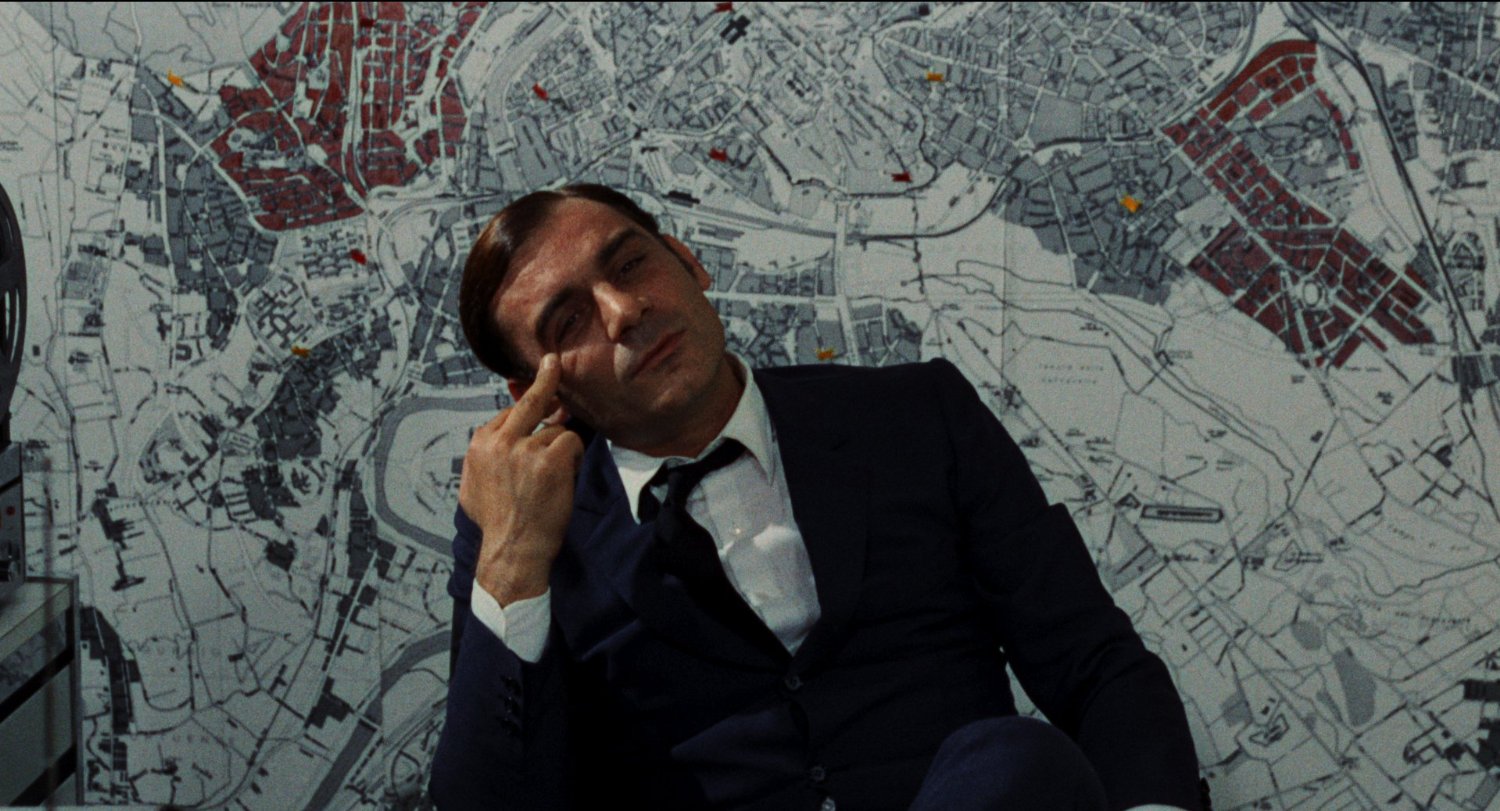
Government corruption and bureaucratic incompetence rear their ugly head in Elio Petri’s Oscar-winning thriller — part whodunit, part big-time farce in which a homicide police inspector purposefully leaves a trail of clues after murdering his mistress in cold blood to prove he can get away with it.
The daddy of all Poliziotteschi thrillers, a particular subgenre of Italian crime movies that emerged in the late sixties and peaked in popularity during the politically turbulent 1970s, “Investigation” makes its anti-establishment tenor clear: driving a stake through the heart of the Italian criminal system and lacing its jabs in the powers-that-be by bluntly displaying how they wield their power in order to evade justice. At once startling in its matter-of-fact bluntness and morbidly funny at times, “Investigation of a Citizen Above Suspicion” has lost none of its power to enthrall.
13. Wake in Fright (1971)
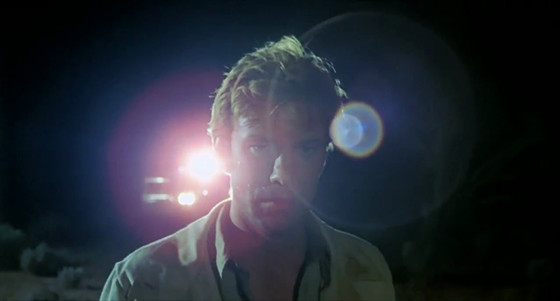
Not a movie you recommend to someone so much as one you inflict on them, this cornerstone of Aussie cinema roots itself under the viewer’s skin at every moment’s notice by putting us in the shoes of middle-aged schoolteacher John Grant, who makes a quick stop on the outback town of Bundanyabba on his way to a summer vacation in Sydney fully unaware of the debauchery that awaits him.
From all-day drinking sessions and gambling sprees to vicious nocturnal kangaroo hunts, suffice to say, that Grant gets more than he bargained for during his one-night stay, which stretches into a seemingly endless self-destructive bender that throws our tortured character into impossibly dire situations, each worse than the last. You never quite know what’s lurking under the surface, which, depending on your mileage, makes this an off-the-rails fever dream worth clearing your schedule for.
12. Night Moves (1975)
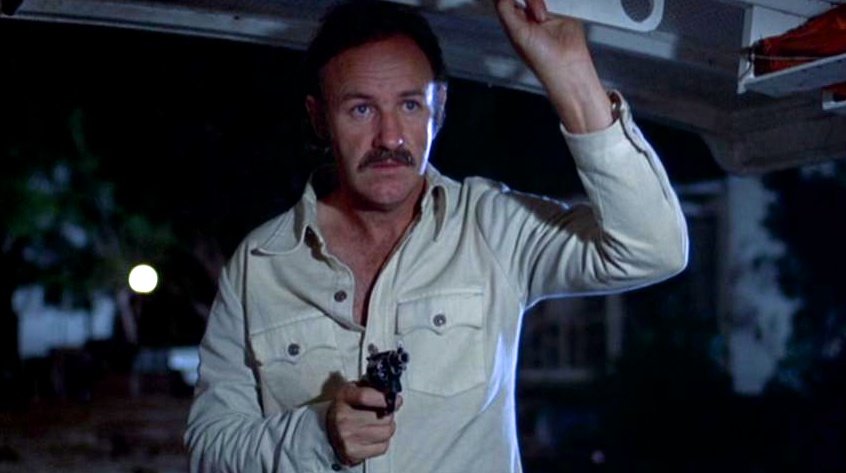
The 1970s marked a significant resurgence of interest in film noir, with many directors revamping a long-extinct genre that had been sidelined since the late fifties for a whole new generation of moviegoers. Characterized by dark themes that burrowed deep into the dark recesses of the human psyche, this particular subset of noir titles that thrived during the seventies borrowed and upended tired tropes in equal measure — blurring the lines of good and evil and reflecting the disillusionment and cynicism of the times.
Ambiguity is the name of the game in Arthur Penn’s “Night Moves”, in which Gene Hackman’s sleazy private eye gets lured into a web of lies and deception after traveling to Florida in hopes of tracking down the runaway teenage daughter of a former Hollywood starlet. Even in a decade where Hackman had solid performances in “The French Connection” and “The Conversation”, this was his personal best.
11. Assault on Precinct 13 (1976)
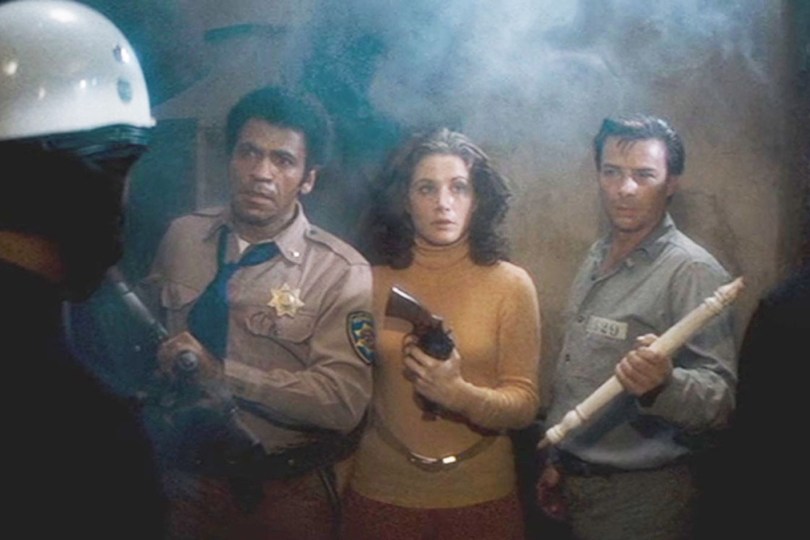
John Carpenter is undoubtedly more renowned for his indelible contributions to the horror genre than those in the thriller, but years before he staked his claim at the top of slasher hill during the 1980s, the mastermind behind “Halloween”, “The Fog” and “The Thing” cemented his place among the very highest stratum of Hollywood’s directors with this visceral L.A.-set thriller.
Gone are the atmospheric dread, stomach-churning practical effects and blood-curdling body horror, but first-time viewers will still find themselves catching their breath throughout the riveting and politically charged splatterfest that Carpenter masterfully builds over the course of 91 minutes, as an abandoned LAPD office is laid siege by a revenge-thirsty street gang. Though not for the faint of heart, Carpenter’s underground hit continues to rise in estimation as an early sign that the New York director was always destined for greatness.